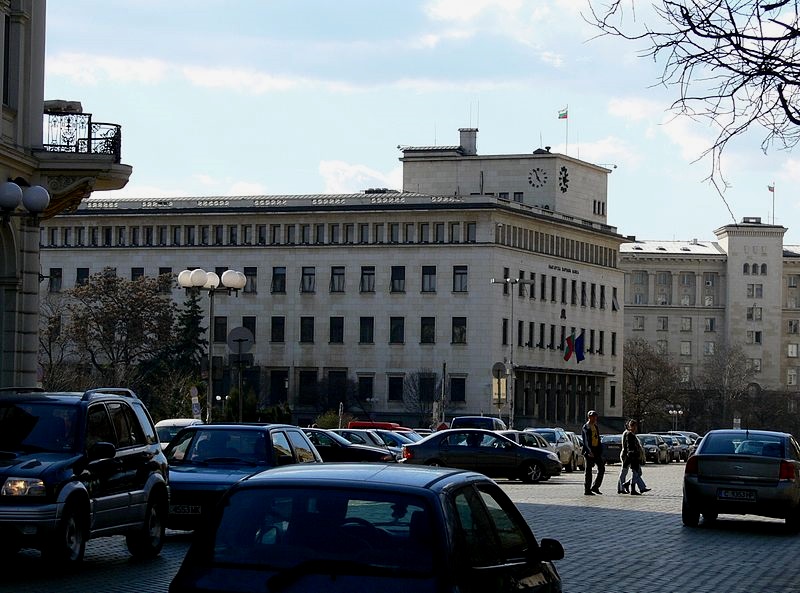
The Lithuanian Free Market Institute (LFMI) prepared an analysis of the regulations of working hours across the European Union. The EU sets minimum levels of regulation with respect to working hours. The research shows that the countries tend to comprehensively follow the set EU standards with regard to the maximum duration of work during the day, minimum periods of rest, and some aspects of annual leave.
DOWNLOAD FULL REPORT
As the saying goes “Choose a job you love, and you will never have to work a day in your life”. Well, it’s not only what you do, but how you do it that may bring satisfaction.
Emerging flexible employment forms entail a variety of working time modes that are both employer- and employee-oriented. Working time patterns have significantly evolved as a result of the combined influence of technological changes, globalization, business restructuring, and work organization, increased importance of services, increased diversity of the workforce, as well as more individualized lifestyles and attitudes towards careers.
Surveys show that employees tend to prefer employers that offer flexible working time options ,which is of no surprise since flexible working time arrangements offer a good deal of benefits.
In the constant challenge of individual trade-offs between work time and leisure, flexible working-time arrangements provide the possibility to no longer deem work as an interference in one’s life, but to incorporate it to best meet individual preferences and lifestyles.
Policymakers are urged to help foster the adaptation to evolving ways of production and trade. Recent studies show that there is a growing need for tailoring working-time regimes both from the employee and employer part.
Regardless the assumed benefits, policymakers still tend to interfere with employee and employer relations, particularly in the domain of working hours.
Current EU legislation determines the maximum number of working hours per day and week, minimum rest periods between working-time, impose restrictions on unusual working hours, etc. The aim of such regulations is to ensure a minimum level of protection for workers, but this does not necessarily correspond to the actual needs of the market and can reduce the stability of the employment relationship.
Although EU regulation needs to be incorporated into national legal systems, this does not mean that working time is regulated equally in all countries. EU law does not cover all aspects of working time regulation, such as the concept of working time, the duration of payment for overtime, and so on. This study analyses aspects of working time definition, legal regulation of on-call time, rest and working time, annual leave arrangements, and other working time-related legal regulations that are not regulated by EU law.
The comparative analysis of the rigidity of legal regulation creates preconditions for assessing the competitiveness of states and for defining the directions of improvement of legal regulation, because strict regulation of working time is related to the level of employment, general level of consumption and productivity, as well as state competitiveness at a regional and global level.
It might seem that policymakers are balancing between transplanting precarious “better practices” disguised as employee protection and actually corresponding to the needs of the market.
In this sense, labor market flexibility suggests that certain aspects do not need to be regulated – instead they should be left for the employer and employee to decide on.
The report provides an overview of the economic implications of the regulation of working hours and a cross-country legislative and policy analysis on the regulation of working hours in Bulgaria, the Czech Republic, Estonia, Lithuania, Poland, and Slovakia.
The scope of the research is limited to analyzing the regulation of working hours that covers general requirements of working time, non-standard work schedules, and annual leave regulations.
The study shows that the effective functioning of the labor market, the ability of the employees and employers to adapt effectively to market changes, and to meet their interests is determined by the level of flexibility of working time regulation.
The regulation of aspects not regulated by EU law differs significantly between countries. For example, the differences are due to statutory overtime, night work, and pay arrangements. Regulating these aspects affects not only the functioning of the labor markets, but also the state economy and its competitiveness in the region and at EU level.
Finally, the analysis also shows that stringent legal regulation forbidding work on certain days, by providing for paid leave days does not correspond to the trends in the functioning of the modern labor market.
The Report could provide valuable insights on the further development of legal regulations of working hours.
The Report “Tailoring the Work and Leisure Trade-Off” may be found here























